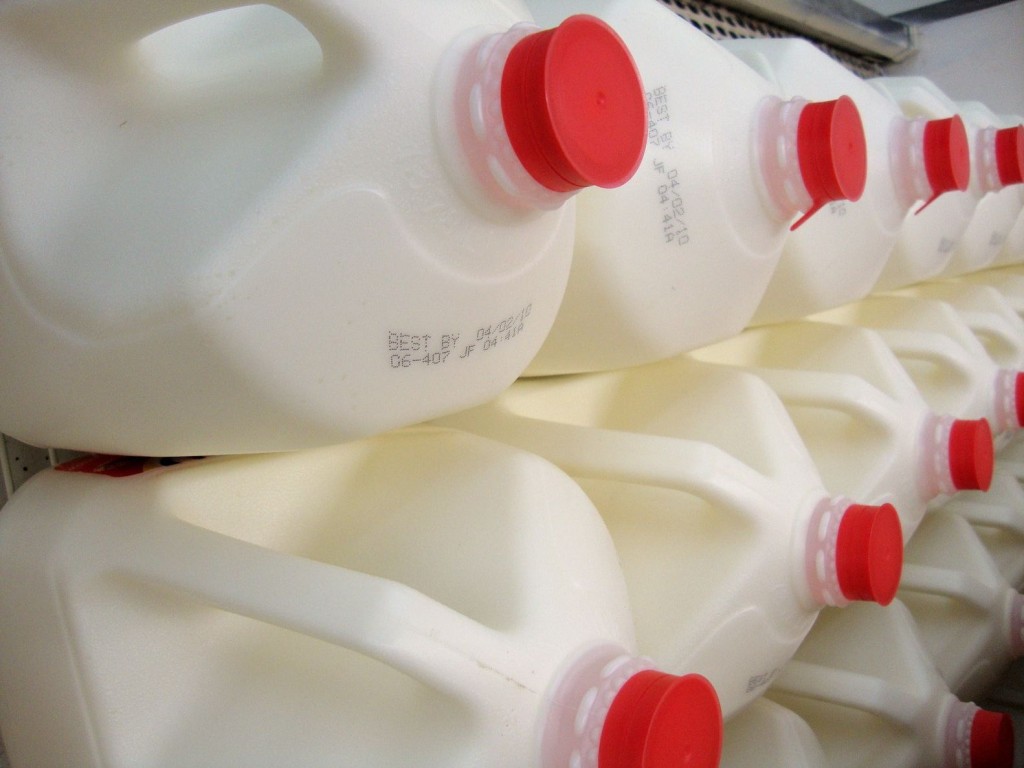According to a recent Harvard University study, around 40 percent of America’s food is wasted, and food labels are listed as one of the main culprits due to their confusing sell-by dates that cause many people to throw out their food. Doug Rauch, the former president of Trader Joe’s retail chain, has decided to open Daily Table, a grocery store/café where customers can buy inexpensive nutritious food for the same price as fast food. The only difference between the food that Rauch will sell and the food in regular grocery stores is that his products will be the food that supermarkets won’t sell – food that is past the “sell by” date stamped on its packaging, as well as “items that are cosmetically blemished,” according to Rauch.
According to an interview he did with the New York Times, Rauch said, “For example, you will be able to get a good whole-grain loaf of bread for somewhere between 50 and 75 cents, and I think most of America feels very comfortable with using bread past its sell-by date.” The goal, besides reducing the amount of wasted food, is to help impoverished families do better. Daily Table is also a non-profit, so supermarkets that donate their excess food to the store will receive a tax deduction.
So now onto the most important question: is eating expired food safe? Rauch points out that “sell by” dates are not the same as “use by” dates, which is where customers tend to get confused. According to an article in Time, most consumers believe that the “use by” and “sell by” dates on food indicate how safe the food is to consume, when in reality these dates are not related to the risk of contracting food poisoning or some other foodborne illness. The process of food dating goes back to the 1970s and came about as a result of consumer demand – people wanted to know how fresh a product was and when it was at its peak.
A “use by” date is merely a suggestion as to when one should consume a product in order to enjoy it in terms of taste, but just because someone consumes a product a few days after the sell-by date in no way indicates that they will get sick as a result. A “sell by” date, on the other hand, is meant for manufacturers – not customers. It helps the retailers ensure appropriate turnover of products in the store, but because consumers see it stamped on the packaging, they can’t help but assume that it is somehow relevant to them.
Eggs, for instance, can be consumed three to five weeks after purchase, despite the “use by” date being much earlier. And a box of macaroni and cheese stamped with a “use by” date of January 2013 can be consumed a year later with no noticeable change in quality. Food dating, interestingly enough, was never about public health to begin with. The only product that requires regulated food dating is infant formula, due to the fact that certain nutrients in the baby formula lose their potency over time.
Daily Table plans to open its first location in May in Dorchester, Massachusetts, with plans to open future locations at a later time.


-300x200.jpeg)









-300x241.jpeg)




